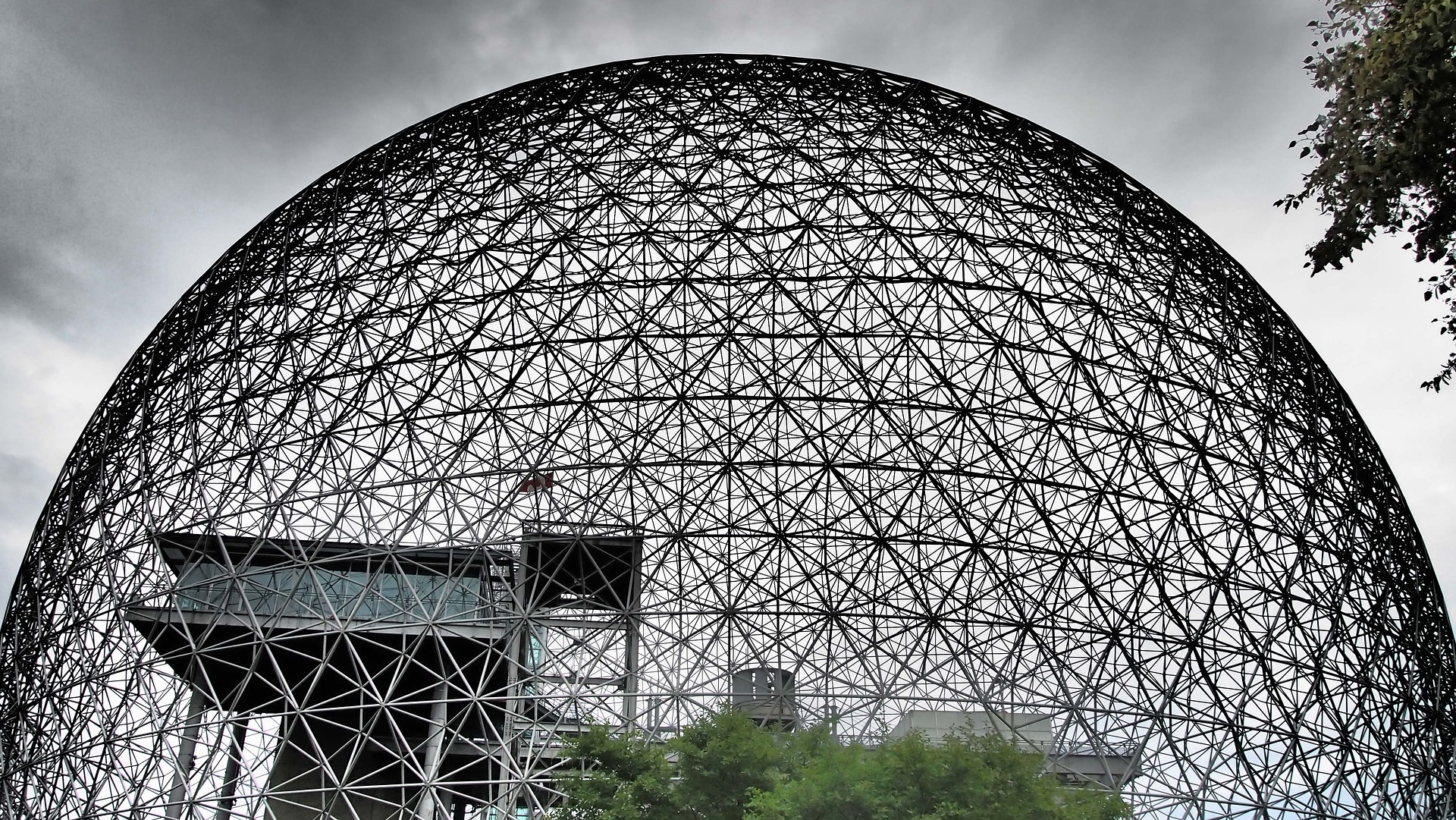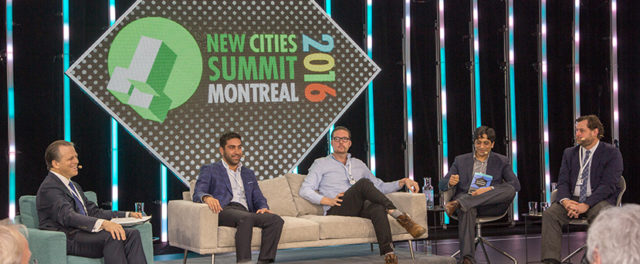
New Urban Lifestyles
août 26, 2016 — Uncategorized
This post is part of our Age of Urban Tech discussion series, following the fifth edition of the New Cities Summit in Montréal in June 2016.
“Our societies are physical manifestations of our technological developments, but also our social structures,” said Fahd Al-Rasheed. The New Urban Lifestyles panelists grouped a diverse range of experts to focus on how Urban Tech may change the ways in which we interact, conceive space, and even conceive of ourselves in the cities of tomorrow. Al-Rasheed believes that urban planners have not yet fully envisioned what the 21st century city will look like.
For Arun Sundararajan, author of “The Sharing Economy,” how we will relate with one another and the built environment is paramount. According to Sundararajan, as Urban Tech allows for more of our lives to take place in digital space, we will need to adjust our approach to infrastructure planning. In the contemporary city, the workplace is now the primary forum of social interaction. As work becomes increasingly virtual, cities will need to create new physical spaces to encourage social interaction and combat isolation. As Sundararajan put it, “We feel social pain from a lack of connectedness in the same way we feel physical pain. It is a physiological need.”
Conversely, the question arises: If Urban Tech is encouraging more commerce and interaction to be virtual, why not embrace virtual reality as the future of human interaction? Joe Cross countered, “Virtual reality is the absolute worst way to solve the problem of lack of physical interaction due to technological advancement.” For Cross, the radical adoption of technology and removal of physical infrastructure will exacerbate social isolation. It will entrench digital divides as only those of a certain income level and technological literacy will be able to access virtual spaces.
As Urban Tech ushers in ever more specific and evidence-based solutions, there is a critical need to step back and not lose sight of the general goals of all cities. For Chris Turner, quality of life is the most important consideration. Turner expressed how technologies create a strong need for “sticky public spaces,” the spaces where people want to linger. In our last urban revolution, that of the automobile, “the single biggest error we made … was building our cities around use by cars instead of people.”
Much like the advent of cars, the Urban Tech revolution is changing how we conceive of our cities. New Urban Lifestyles made it clear that for this revolution to be successful, it must ultimately lead to the creation of more human-centric cities.

Speakers
Fahd Al Rasheed, CEO and Group Managing Director, King Abdullah Economic City
Joe Cross, General Manager, TransferWise USA
Arun Sundararajan, Professor of Information, Operations and Management Sciences, NYU Stern School of Business
Chris Turner, Author
Moderator: Maxwell Anderson, Executive Director, NewCities
